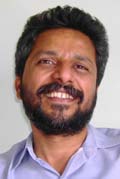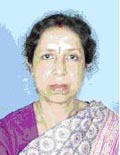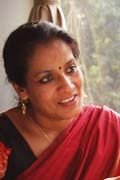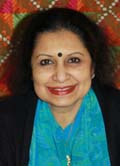
|
Assa Doron is a research fellow in the Research School of Pacific and Asian Studies, ANU. Over the past decade he has conducted research in North India, focusing on ritual economies, identity politics and development amongst the low castes in the city of Varanasi (Banaras). His most recent work investigates the cultural politics of marginalised sections of Indian society, especially amongst the Most Backward Castes, and their efforts to inscribe themselves into the collective narrative of nation-building in modern India. His recent book, entitled, Caste, Occupation and Politics on the Ganges: Passages of Resistance (Ashgate, Surrey 2008), offers a critical appreciation of wider debates pertaining to postcolonial studies, resistance studies, tourism and pilgrimage and the anthropology of the state and development. Some of Doronís publications include, 'Caste Away: Subaltern Engagement with the Modern Indian State,' in Modern Asian Studies (in press, 2009, Cambridge); 'Ferrying the Gods: the Narrative and Practice of Devotion in the Sacred City of Banaras,' in Sites: a Journal of Social Anthropology and Cultural Studies (in press, 2009); 'The Needle and the Sword: Boatmen, Priests and the Ritual Economy of Varanasi,' in South Asia: Journal of South Asian Studies, (2006); 'Encountering the 'Other': Pilgrims, Tourists and Boatmen in the City of Varanasi,' in The Australian Journal of Anthropology (2005).
|























